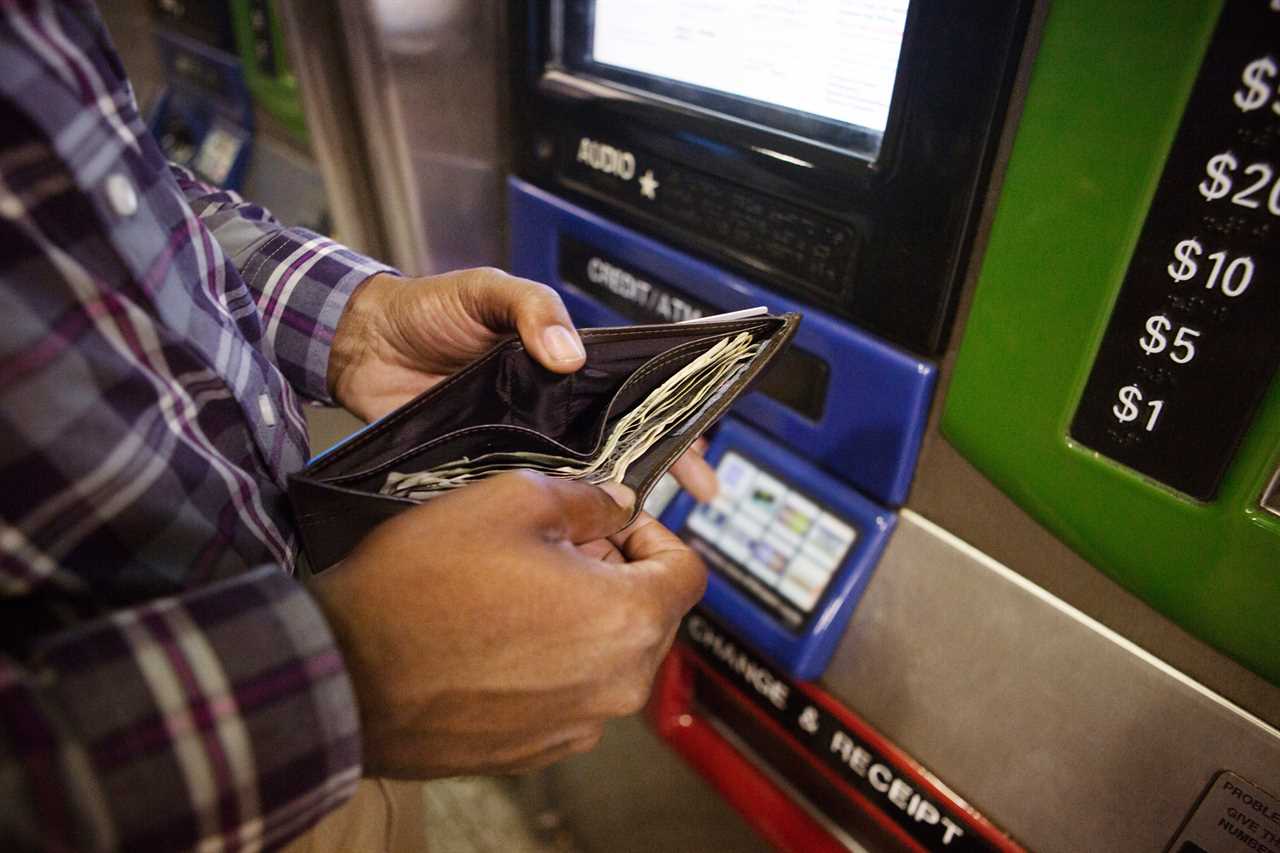THE CORONAVIRUS pandemic has made seven in 10 millennials and Gen Zers realize they need to reevaluate and reset how they handle their money, new research shows.
Nearly 70 percent of the 1,000 American millennials and 1,000 Gen Zers asked about the impact of Covid-19 and 2020 on their finances said they have budgeted their money as best they could, according to a study conducted by OnePoll for the digital lending platform Laurel Road.

However, 60 percent of respondents also said they wished they could improve their budgeting skills but did not know where to start.
“We know Covid-19 has been challenging for us all. For millennials and Gen Z-ers, they too have faced many challenges, but in turn, the pandemic has also prompted an opportunity for a financial reset,” said Laurel Road chief experience officer Alyssa Schaefer.
Slightly over half, or 52 percent, of respondents said they wish they did a better job managing their money amid the pandemic.
Generational differences were obvious in that millennials were more likely than their Gen Z counterparts to feel that they handled their money poorly, at 59 percent versus 46 percent.

The top reasons for a financial reset among respondents were new personal goals at 33 percent, changes to personal life at 32 percent and new financial goals at 30 percent.
Only 37 percent of respondents said they made more of an effort to save more money when possible, with 33 percent creating budgets and 25 percent consulting with financial advisers.
Meanwhile, 20 percent said they refinanced their student loans and 19 percent said they consolidated them.
Among the roughly 1,500 respondents with student loans, 62 percent said the federal student loan forbearance has impacted their ability to save money.

In addition, 62 percent of respondents with student loans said that the quarantine enabled them to think about financing options.
“What’s encouraging to see from our survey results is that so many people have used this time to prioritize their personal finance, including by refinancing their student loans, and actively look to learn new ways to budget and save,” Schaefer said.
The leading ways that respondents invested in themselves was by putting money toward personal wellness at 32 percent, and professional development and certifications in new skills at 25 percent.

A quarter of respondents spent money on mental health resources and just under that, 24 percent, attended online classes or webinars for professional development.
Furthermore, a quarter of respondents said they would invest in their personal wellness and the stock market.
“Right now, it’s never been more crucial to focus on our ‘mental wealth’–daily personal, professional and financial decisions that support our peace of mind,” Schaefer said.
“Making impactful changes to financial planning, such as student loan refinance, can create beneficial savings opportunities.”
The average millennial respondent saved just over $1,000 during the pandemic, while the average Gen Z respondent saved close to $600.
One in five respondents said that if they had an extra $1,000 to spend next year, they would use it to pay off more student loans.






